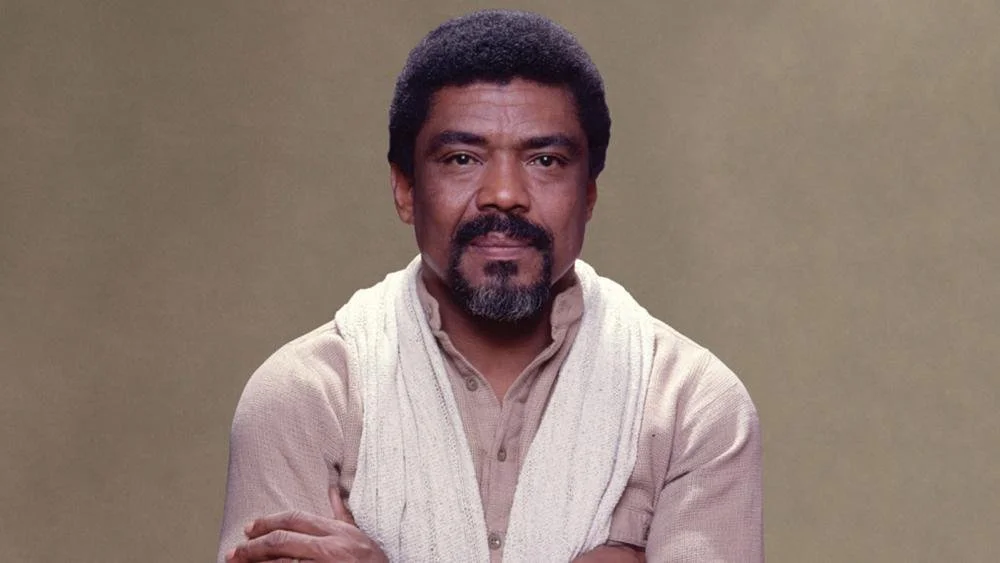Alvin Ailey
Alvin Ailey, a renowned choreographer, founded the Alvin Ailey American Dance Theater in 1958. This highly popular, multi-racial modern dance ensemble not only popularized modern dance worldwide through extensive tours but also addressed racial inequalities through its performances.
Born on January 5, 1931, in Rogers, Texas, Ailey grew up in a poor, small town under the care of his single mother during the Jim Crow era. He spent his early years traveling through small Texas towns and picking cotton with his mother. At age 10, he was separated from his mother when she moved to Los Angeles seeking better employment opportunities. A year later, he joined her and began to develop a passion for theater. Ailey once noted, "When I was 14, I discovered the theater, and it touched something in me, but there was nobody black." This realization spurred him to excel in dance.
At 19, Ailey joined the Lester Horton Dance Theater, one of the first racially integrated dance companies. By 22, he had taken over as the creative director of the Lester Horton company and soon made his Broadway debut in "House of Flowers." At 27, he founded his own company, the Alvin Ailey American Dance Theater, to celebrate the African American experience through dance. Ailey explained, "I wanted to do the kind of dance that could be done for the man on the street; it was part of their culture and universal."
At 29, he debuted his first piece reflecting his perspective on the African American historical experience. It received critical acclaim but also created challenges in securing bookings due to prevalent racism in the United States. During this period of civil unrest, Ailey chose the stage as his platform for protest. At 31, the US government sponsored his company's first world tour, albeit as part of a Cold War strategy to showcase American arts and prestige internationally. Ailey fought against the marketing of his company as "ethnic" rather than "modern."
By 39, he had opened the Alvin Ailey American Dance Center, which provided access to underserved communities, welcoming all individuals regardless of their background. In the early 1970s, his company began to sell out shows, attracting audiences nationwide. Ailey later sought to expand his repertoire to include ballet, facing criticism from those who believed he should "stick to what he was good at." Reflecting on the pressures he faced, Ailey remarked, "If you're black anything in this country, people want to put you into a bag." His mental health suffered under the weight of critical backlash.
Ailey was honored with the Kennedy Center Honor at age 57, recognizing his ability to convey passion and meaning through dance. Diagnosed with AIDS at 58, he requested a different cause of death be announced to protect his mother from the stigma associated with the disease. In 2014, President Barack Obama posthumously awarded him the Presidential Medal of Freedom. Over his lifetime, Ailey choreographed over 100 ballets, leaving a lasting impact on the dance world. He believed in infusing steps with feeling, saying, "I had my own ideas, not just to do a step, but to feel something."

